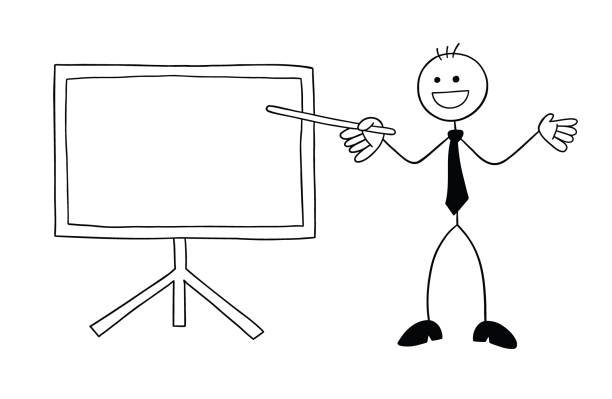While technology opens new horizons for education at home, adapting to this is more challenging. What are the pros and cons of remote teaching technology?
Education is one of the sectors hardest hit by the COVID-19 lockdown with social distancing measures meaning schools could be closed for the foreseeable future.
However, thanks to technology, teachers are still able to continue teaching and students don’t lag behind. And while this is good news, many educators face new challenges due to this switch to remote learning, and for some, it takes time to accustom.
Collaborative learning environment regardless of location
Without effective collaboration between learners and teachers, students often lose motivation due to the perceived lack of community and sense of shared learning. This is why it is critical to use various forms of online interaction, from text messages and video conferencing to collaborative interactive projects and the latest online platforms, to support students and keep them engaged.
Encouraging active participation
Remote teaching gives learners flexibility you won’t find in the traditional classroom setting. Instead of having all students participate simultaneously, teachers can schedule separate group or individual lessons, give personalized content, and always stay in touch.
Jerry Blumengarten, a connected educator with more than 30 years of experience, suggests, “To make distant learning work, you should prepare tutorials on the use of the tech tools you will be using for your instructors and students. This should be done in a step-by-step simple way to avoid any confusion and mistakes. Provide a contact number where you can be reached to answer any questions and offer further help to your students.”
Engaging Students In New Ways
Online distance learning allows you to move from static learning materials to more dynamic interactive media content. Another benefit of technology in learning is that students often learn faster when they are not only listening to the teacher and reading textbooks but also participating in engaging academic activity. That’s why it’s a great idea to encourage learning using short quizzes, exercises with elements of gamification, interactive apps, and more.
Easier Plagiarism Detection
Technology is your friend when it comes to academic integrity, and is the bestway to effectively check works for plagiarism. Text similarity detection tools like Unicheck thoroughly scan students’ texts for plagiarism and help teachers see where students have relied too heavily on other sources. There are dozens of reasons why students cheat, but it’s the teacher’s role to teach them to realise that this won’t help – either in school or in life.
Assessment And Grading Automation
You can use various interactive tests and multiple-choice quizzes to quickly and easily check student knowledge. Utilize online grading tools to organize your grade book, see overall marks for every student, and empower them to follow their success.
Changing Roles For Student And Teacher
With information easily available on the internet, the teacher’s role as a subject expert becomes less critical. It’s the ability to guide students through these volumes of information that really matters in modern education.
At the same time, finding the most effective ways of learning from different sources together with students makes teachers co-learners rather than the sole source of knowledge. And this is exactly the behavior that can inspire students and encourage them to study beyond the curriculum. It might look like teachers are losing control, but in fact, these new approaches build real trust and respect within the class.
Adopting Progressive Educational Technologies
Information technology in education provides a large variety of new methods for teachers. Mobile educational apps, collaborative platforms, learning analytics, and so many more innovative tools and approaches make the learning process much more appealing for both student and teacher.
Access To The Latest Information
It takes a long time to update academic textbooks and other printed materials, so they often contain obsolete knowledge, especially when it comes to modern science or contemporary history. But online information is dynamic and always updated. On the internet, new information is spread instantly, and can be instantly integrated into the learning process making this one of the most powerful benefits of technology in learning.





